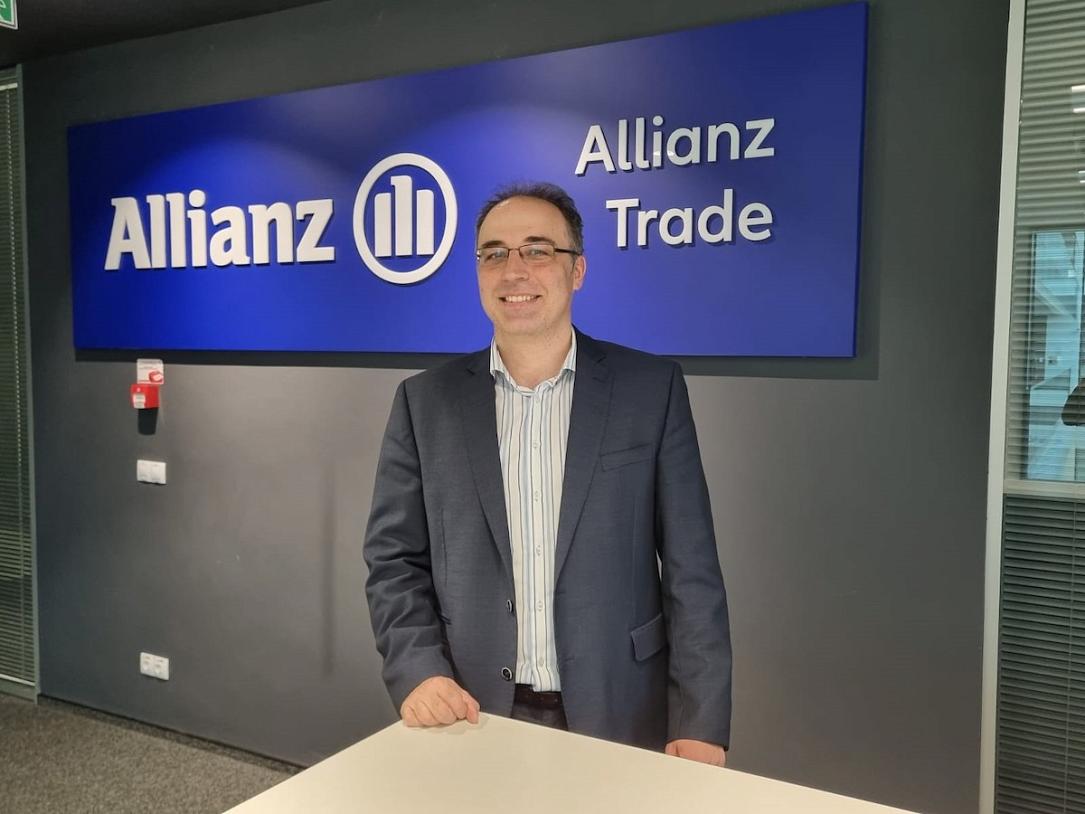Allianz Trade: fiscal measures will have short-lived effects in Romania; BoP crisis remains "significant risk"



Growth in Romania will surpass the region's average at the cost of slow fiscal consolidation, while the current account deficit (another by-product of fiscal stimuli) remains problematic - these are the conclusions of a research note published by Allianz Trade.
While the robust growth and slow fiscal consolidation come in line with the conclusions of the IMF team recently visiting Bucharest, the balance of payments crisis remaining a significant risk is a supplementary red flag.
For Romania, Allianz Trade analysts forecast GDP growth of +2.8% in 2023, +3.2% in 2024 and +3.6% in 2025 compared to +0.7% in 2023, +2.8% in 2024 and +3.2% in 2025 for Central and Eastern Europe (excluding Turkey and CIS+).
Although the latest measures to eliminate some tax breaks and introduce turnover taxation for larger companies with low profitability should bring a narrowing of the tax gap, the effect of the fiscal package in Romania will be short-lived, according to the Allianz Trade research note.
"Eliminating tax evasion as a viable response from the start, the adaptation of companies to the new restrictive conditions would take place on several levels," points out Mihai Chipirliu, CFA - Risk Director, Allianz Trade.
Specifically, the authors of the report indicate predictable steps companies will take in order to minimize the effects of the fiscal package in terms of overall taxation: the optimization of group structures (mergers/absorptions); the elimination or restructuring of positions with lower added value; and the closure of work units that were operating in the zero profit area or with positive marginal profit. Also, certain products or services marketed in large volumes but with very small profit margins could become unavailable or marketed in a reduced volume.
Negative side effects of the fiscal package are outlined as well: more expensive loans and fewer investments. The taxation of banks' turnover would induce an increase in the cost of loans, Allianz Trade warns. The investors are likely to put on ice projects for direct reasons (turnover taxation in the early stages of the project may be prohibitive) but also because of the regulatory unpredictability induced.
iulian@romania-insider.com
(Photo source: the company)